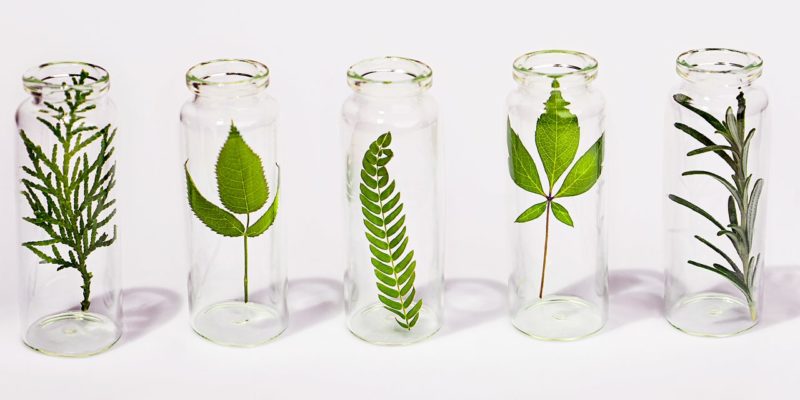
“I think it’s great that we are much more mindful and thoughtful about the ingredients we use and want in our products,” says California-based board-certified dermatologist David Kim. “However, it’s inaccurate to assume that everything chemical is bad, and everything natural is good. I often tell my patients that poison ivy is natural, but that’s not something you want to put on your skin. Ever.”
New York City-based board-certified dermatologist Melissa Levin shares the same sentiment. “I explain [to my patients] that ingredients are not intrinsically bad, it’s about how they’re used and in what quantity. Think of a puddle of water — not a big deal, right? — but a tsunami can be catastrophic.”
“A product being [labeled as] ‘natural’ tells us nothing about ingredient safety or sustainability, about the formulation or the clinical evidence, but it does, interestingly, make patients and consumers feel better,” she continues.
Let’s unpack that one with the help of New York City-based board-certified dermatologist and psychiatrist Evan Rieder: “‘Natural’ is more of a cultural concept — it extends the belief in the superiority of the natural world and that human modification [and] inference inevitably causes harm,” he says. “‘Natural’ products also allow people to connect themselves with a perceived healthy lifestyle and worldview, as well as certain values that they find favorable. For example, harmony with the environment, a spiritual connection with nature, and altruism in their interactions with others.”
So, basically, when you buy a ‘natural’ product, you’re buying more than just a cleanser or eye cream — whether you’re aware of it or not, you’re buying everything that ‘natural’ products represent.
And that’s not to say you shouldn’t. “I’m not against ‘natural,'” says Orit Markowitz, a board-certified dermatologist in New York City. “Just understand the product, make sure you’ve done a little bit of research, and don’t automatically assume that because something’s ‘natural,’ it’s safe.”
Public regulation of “natural” products — including a universally agreed-upon definition for the word — would take the guesswork out of that process, and empower us all to make more informed decisions.
For now, when in doubt about if a product is right for you — “natural” or not — you should visit a dermatologist to assess the ingredients. Because it’s what’s inside that counts.
Now read up on sustainability and transparency in beauty:
Now, see a TV host’s daily beauty routine: